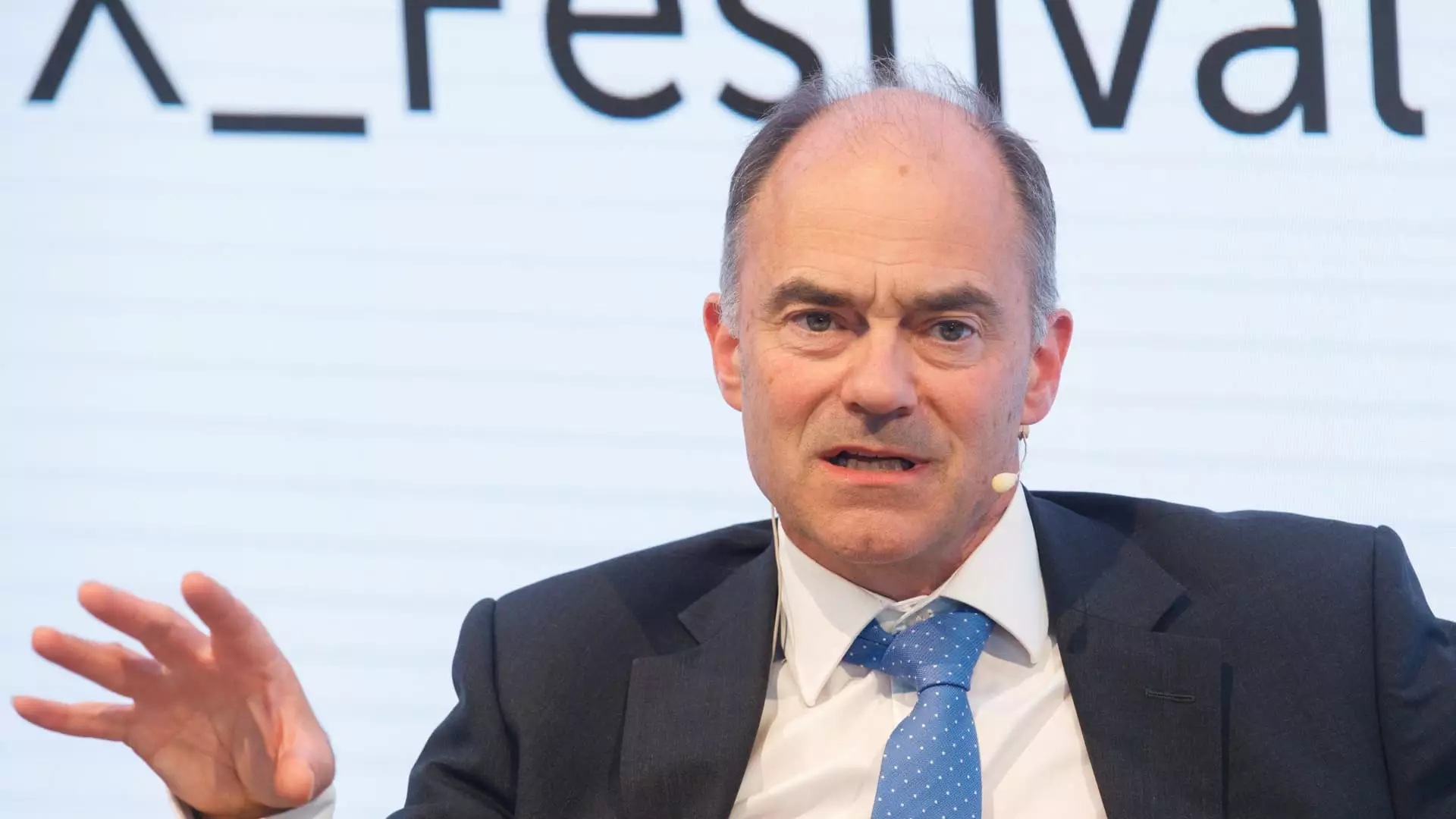The U.K. is facing criticism for its lackluster performance in commercializing technology businesses on a global scale. Warren East, former CEO of British chip design firm Arm, highlighted the need for a mindset shift within the investor community to ensure that U.K. companies can compete effectively on the world stage. East noted that the U.K. has the potential to offer innovative technology solutions but struggles to translate this potential into successful global businesses.
East emphasized that too much innovation generated in the U.K. ends up being exported and commercialized elsewhere in the world. He mentioned that many successful British firms eventually relocate or list abroad in countries like the U.S. due to challenges in achieving global significance from the U.K. This trend has led to a sense of “embarrassment” regarding the U.K.’s economic growth and GDP per head rates.
Addressing the Issue of Commercialization
East acknowledged that there is no easy solution to the problem of technology commercialization in the U.K. However, he stressed the importance of encouraging a greater risk appetite to support high-growth tech firms. He recognized that the U.S. has a more robust investor risk appetite compared to the U.K., which has hindered the scaling up of British startups. East called for changes to capital market rules to attract more investments from pension funds into startups and stimulate risk-taking in the U.K.
Despite the challenges faced by U.K. technology businesses, East expressed optimism about the potential for improvement in the coming years. He highlighted the need for British entrepreneurs and venture capitalists to advocate for regulatory changes that would enable greater investment in startups. East cautioned that businesses cannot afford to wait for these rules to change and must take proactive steps to drive commercialization efforts.
Case Study: Arm’s Listing on Nasdaq
In a significant setback for the U.K., Arm, known for its chip architectures in smartphone processors, chose to list on the Nasdaq in the U.S. rather than in its home country. This decision underscored the ongoing struggles of U.K. officials and the London Stock Exchange to attract major tech debuts. Despite this move, Arm remains majority-owned by Japanese tech giant SoftBank, highlighting the complex global nature of technology businesses.
The U.K. faces a critical challenge in effectively commercializing its technology businesses on a global scale. Warren East’s insights shed light on the need for a fundamental shift in the investor mindset and regulatory environment to support the growth and success of U.K. tech firms. Only by fostering a greater risk appetite and creating a more conducive ecosystem for innovation and commercialization can the U.K. hope to compete effectively in the global technology landscape.

